The six-year Dark Energy Survey has released its full results, showing that two leading models of cosmology are equally valid — but both fail to explain one key observation.
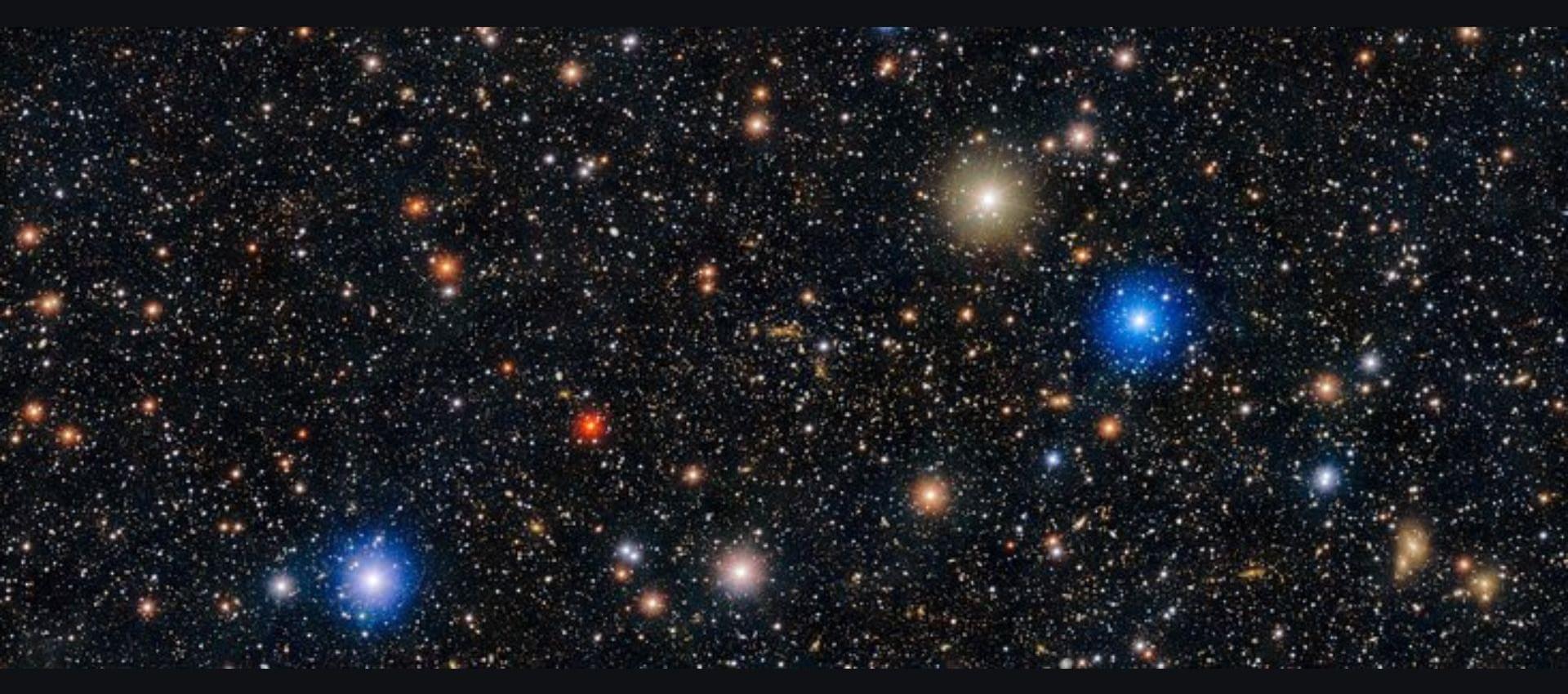

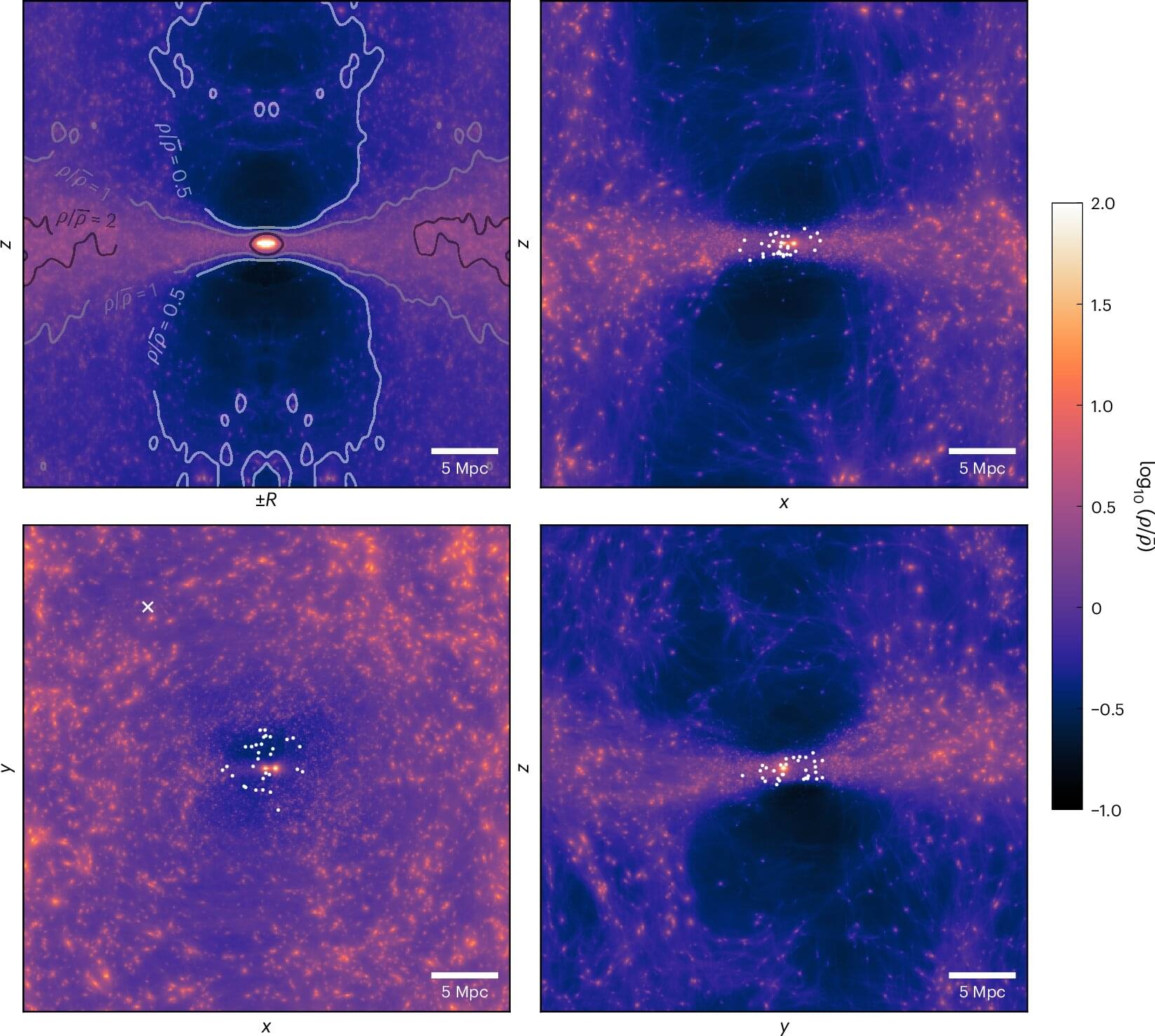
Computer simulations carried out by astronomers from the University of Groningen in collaboration with researchers from Germany, France and Sweden show that most of the (dark) matter beyond the Local Group of galaxies (which includes the Milky Way and the Andromeda galaxy) must be organized in an extended plane. Above and below this plane are large voids. The observed motions of nearby galaxies and the joint masses of the Milky Way and the Andromeda galaxy can only be properly explained with this “flat” mass distribution. The research, led by Ph.D. graduate Ewoud Wempe and Professor Amina Helmi, is published in Nature Astronomy.
Almost a century ago, astronomer Edwin Hubble discovered that virtually all galaxies are moving away from the Milky Way. This is important evidence for the expansion of the universe and for the Big Bang. But even in Hubble’s time, it was clear that there were exceptions. For example, our neighboring galaxy, Andromeda, is moving toward us at a speed of about 100 kilometers per second.
In fact, for half a century, astronomers have been wondering why most large nearby galaxies—with the exception of Andromeda—are moving away from us and do not seem to be affected by the mass and gravity of the so-called Local Group (the Milky Way, the Andromeda galaxy and dozens of smaller galaxies).
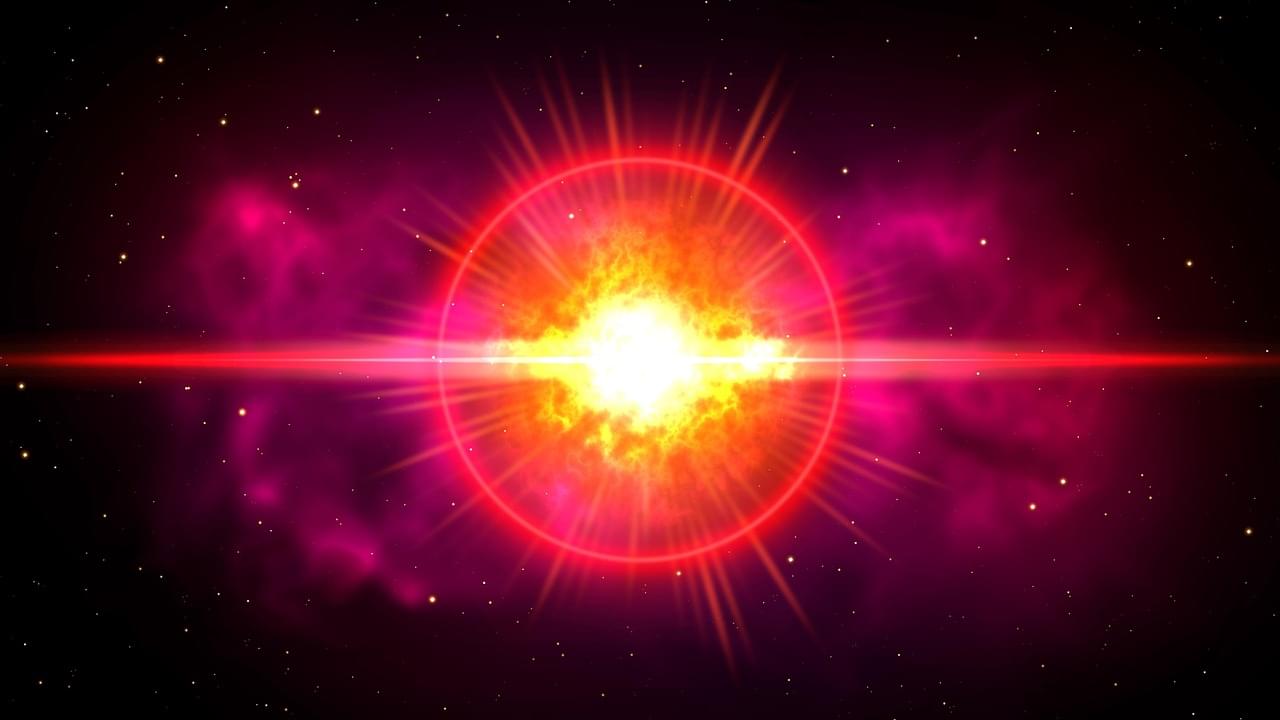
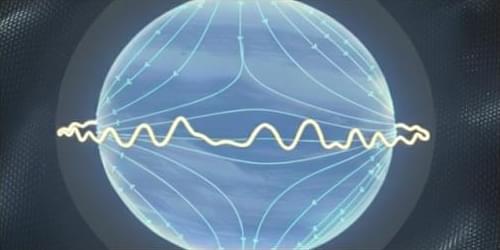
One candidate for dark matter is a subatomic particle carrying a tiny electric charge many times smaller than that of the electron. This so-called millicharged dark matter would presumably interact with Earth’s magnetic field, generating potentially observable time variations in the magnetic field on Earth’s surface. A new study of archived data looked for this signal but came up empty [1]. The research has thus placed strict limits on the properties that a millicharged dark-matter particle could have if it has a small mass (in the range of 10–18 to 10–15 eV/c2).
Dark matter can’t have a typical electric charge, as it would interact too strongly with normal matter. But a small charge is possible and could produce features in-line with dark-matter models. Astrophysicists have looked for evidence of millicharged dark matter in stellar evolution data, as such particles could cause stars to cool faster than expected. No such signal has been seen, ruling out a large portion of millicharged-dark-matter parameter space.
Lei Wu from Nanjing Normal University in China and colleagues have explored another potential signal in the geomagnetic field. According to the team’s calculations, low-mass millicharged particles could annihilate each other in the presence of the planet’s magnetic-field background, producing an effective electric current that would generate its own magnetic field. This dark-matter-induced field would be small (roughly a million times less than Earth’s field), but it might be detectable owing to its peculiar time variation (at frequencies less than 1 Hz). The researchers failed to find such a signal in previously collected geomagnetic observations. The absence rules out low-mass dark-matter charges in a large range down to 10−30 times the electron charge. Such a small charge may seem implausible, but “nature sometimes surprises us,” Wu says.
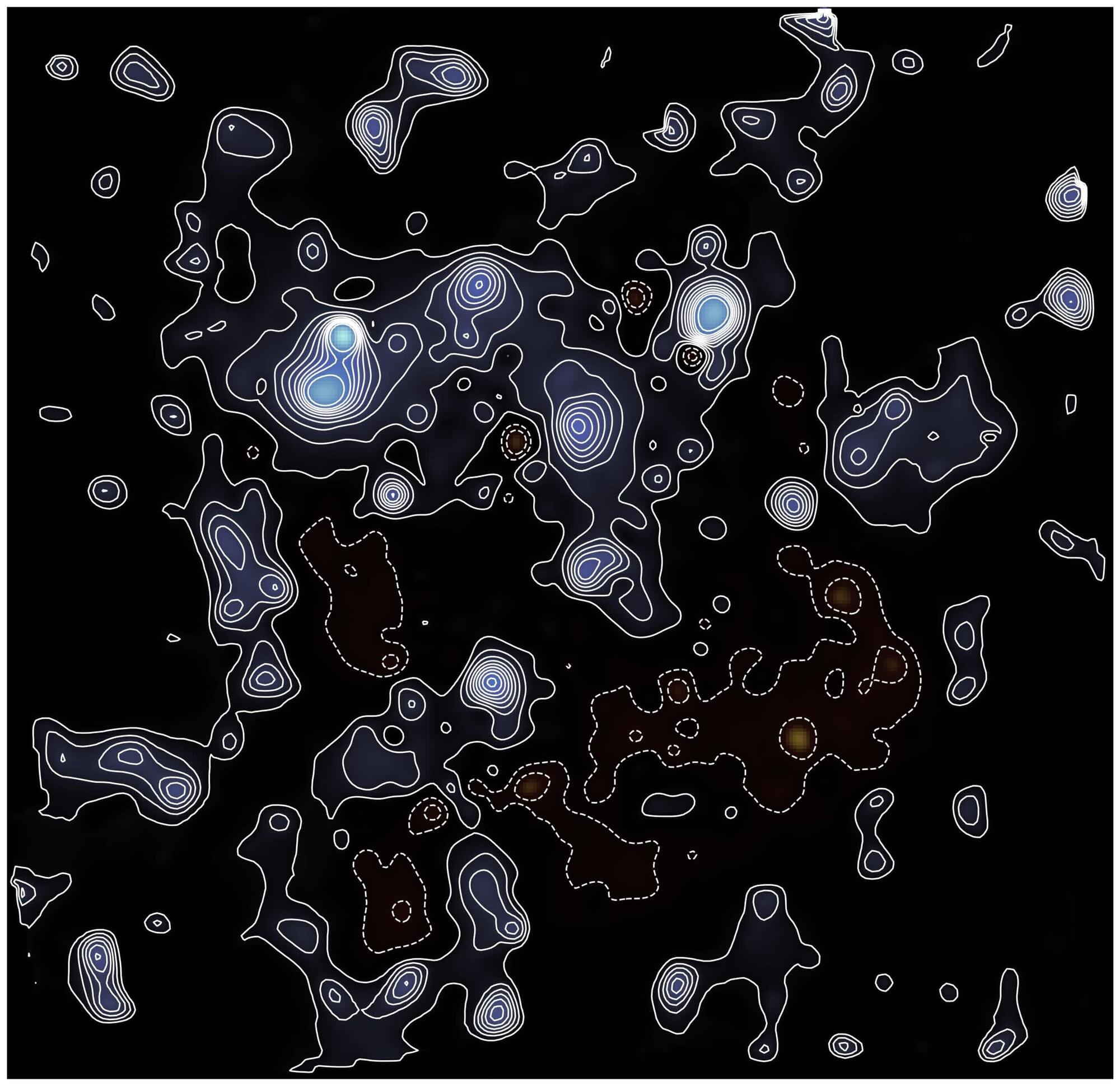
Scientists have created the highest resolution map of the dark matter that threads through the universe—showing its influence on the formation of stars, galaxies and planets.
The research, including astronomers from Durham University, UK, tells us more about how this invisible substance helped pull ordinary matter into galaxies like the Milky Way and planets like Earth.
The findings, using new data from NASA’s James Webb Space Telescope (Webb), are published in the journal Nature Astronomy.
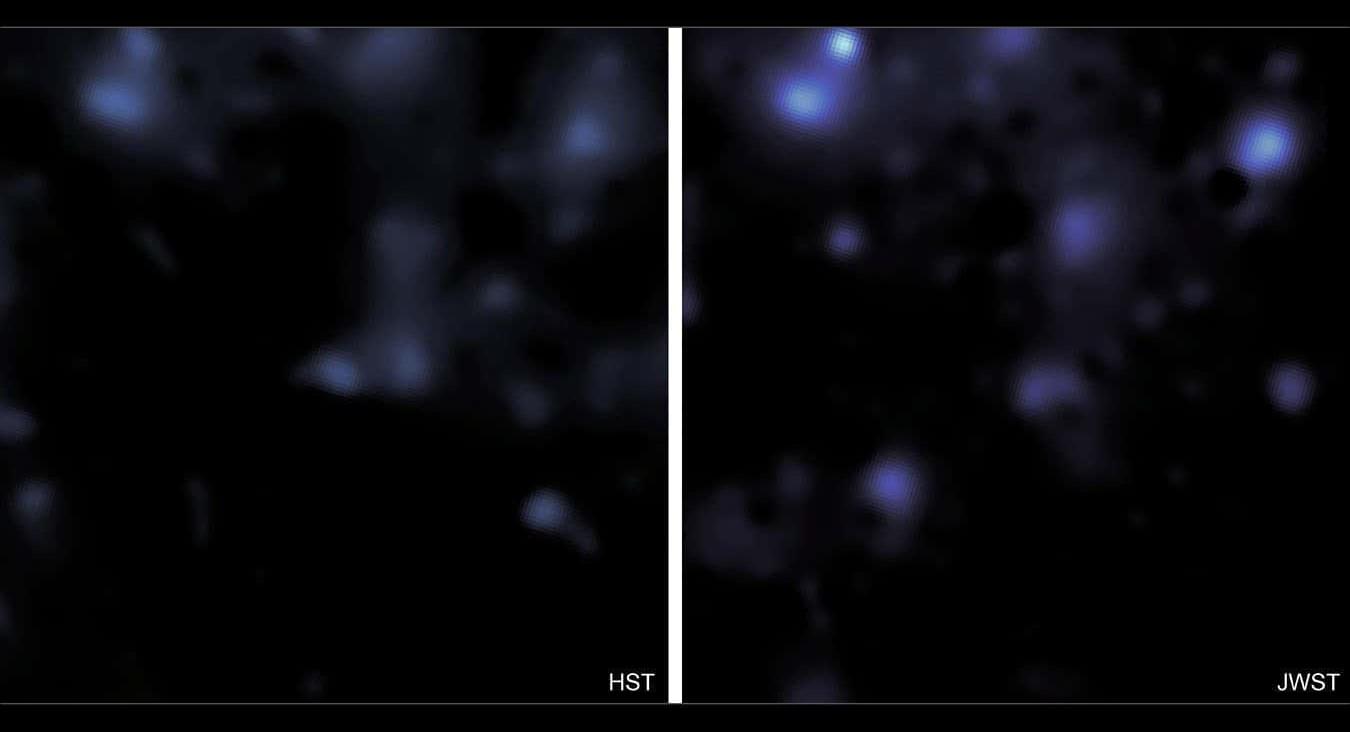
Between late 2019 and early 2020, the red supergiant Betelgeuse showed signs of weakening that led many to wonder whether its long-expected explosion into a supernova just a few hundred light-years from the Solar System might be imminent. Other ideas were put forward, and more recently, fresh data have shed new light on the question.
It’s well established that stars with masses greater than eight to ten times that of the Sun won’t end up as white dwarfs like our Sun will. Instead, they explode as type II supernovae, leaving behind a neutron star and sometimes, if the mass is high enough, a stellar black hole.
Located roughly 650 light-years from Earth in the constellation Orion, Betelgeuse is one of these stars, and it’s clearly nearing the end of its life. It sits in the red supergiant phase, outside the main sequence on the Hertzsprung–Russell diagram.
Get all sides of every story and be better informed at https://ground.news/AlexOC — subscribe for 40% off unlimited access.
Come to my UK tour: https://www.livenation.co.uk/alex-o-c…
For early, ad-free access to videos, and to support the channel, subscribe to my Substack: https://www.alexoconnor.com.
To donate to my PayPal (thank you): http://www.paypal.me/cosmicskeptic.
VIDEO NOTES
Sean Carroll is an American theoretical physicist who specializes in quantum mechanics, cosmology, and the philosophy of science.
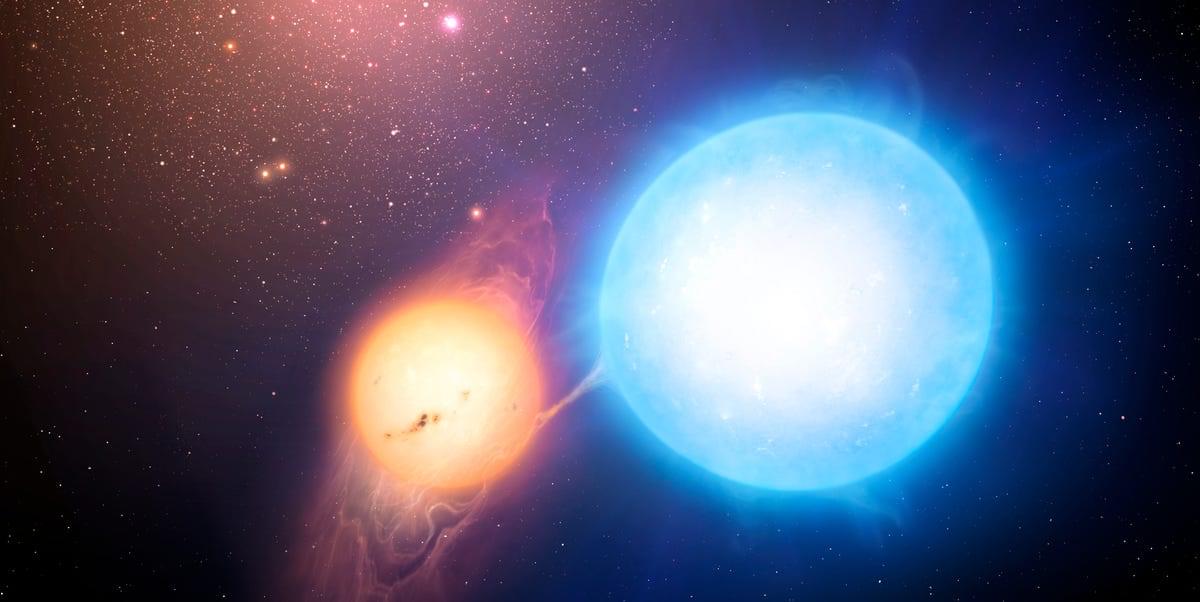
“This systematic deviation agrees with the boost factor that the AQUAL theory predicts for kinematic accelerations in circular orbits under the Galactic external field,” Chae says in the paper.
Similar to how the Newton-Einstein theory relies on the ever-elusive particle known as dark matter, MOND contains its own limitations and challenges. Chae’s study appears to be a big +1 in the pro column for Modified Newtonian Dynamics, but the theory is still just that—a theory. It will need much more observational support before it upends our modern understanding of gravity and the universe we inhabit.
The Dark Energy Survey Collaboration collected information on hundreds of millions of galaxies across the universe using the U.S. Department of Energy-fabricated Dark Energy Camera, mounted on the U.S. National Science Foundation Víctor M. Blanco 4-meter Telescope at CTIO, a program of NSF NOIRLab. Their completed analysis combines all six years of data for the first time and yields constraints on the universe’s expansion history that are twice as tight as past analyses.
The Dark Energy Survey (DES) is an international, collaborative effort to map hundreds of millions of galaxies, detect thousands of supernovae, and find patterns of cosmic structure that will help reveal the nature of the mysterious dark energy that is accelerating the expansion of our universe.
From 2013 to 2019, the DES Collaboration carried out a deep, wide-area survey of the sky using the 570-megapixel DOE-fabricated Dark Energy Camera (DECam), mounted on the NSF Víctor M. Blanco 4-meter Telescope at NSF Cerro Tololo Inter-American Observatory (CTIO) in Chile. For 758 nights over six years, the DES Collaboration recorded information from 669 million galaxies that are billions of light-years from Earth, covering an eighth of the sky.